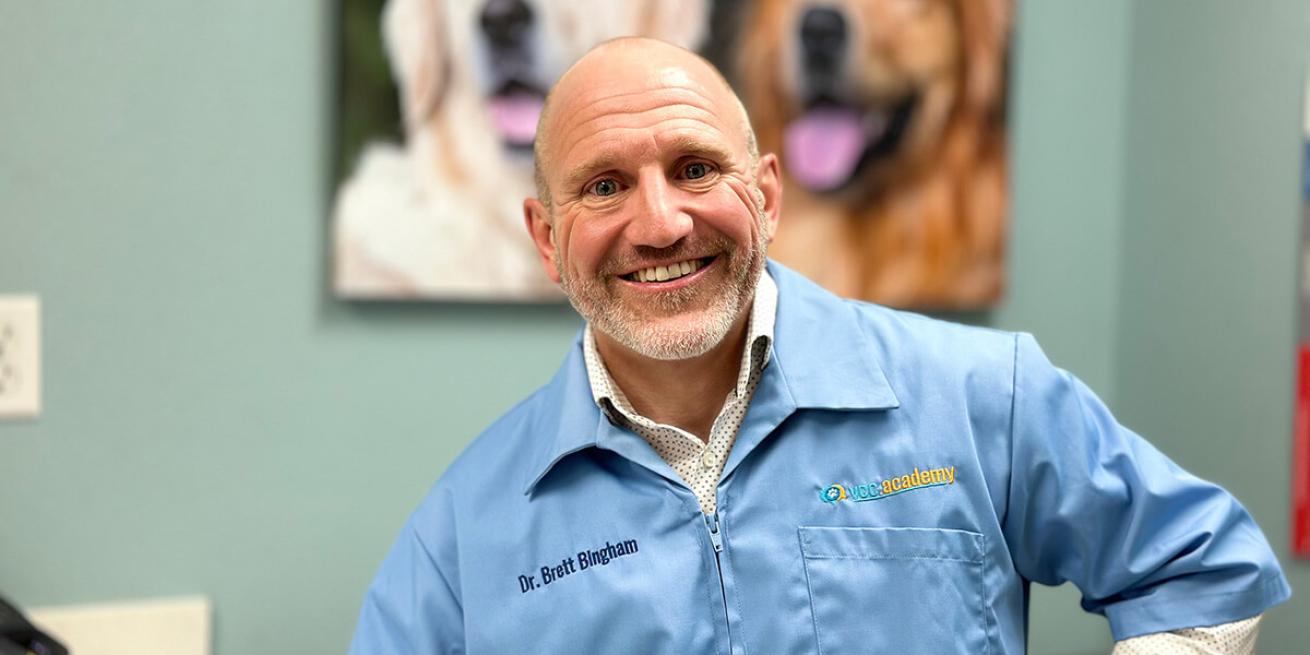
Veterinary medicine is an ever-evolving field, and as veterinarians, we find ourselves constantly adapting to new technologies, treatment modalities, and changes in the industry. Over the course of my 20-year career, I have witnessed numerous transitions within veterinary hospitals. In this blog, I aim to share my insights and experiences on navigating these transitions, highlighting the challenges and opportunities they present, and offering practical advice to fellow veterinarians facing similar situations.
Embrace Technological Advancements
One of the most significant transitions in veterinary medicine has been the rapid integration of technology. From digital radiography and ultrasound to electronic medical records and telemedicine, technology has transformed the way we diagnose, treat, and communicate with clients. Embrace these advancements, stay updated on new tools, and invest in continuing education to maximize their potential in your pet hospital.
Adapt to Changing Client Expectations
In the past two decades, client expectations have evolved, and providing exceptional customer service has become crucial. Clients now seek transparency, personalized care, and enhanced communication. Embrace client-centric approaches, such as clear and concise explanations, active listening, and empathy. Utilize digital platforms to engage with clients, provide educational content, and streamline communication channels.
Foster a Collaborative Team Culture
As a veterinarian, you are only as strong as your team. During times of transition, it’s essential to foster a collaborative and supportive team culture. Encourage open communication, value each team member’s input, and provide opportunities for professional growth and development. Invest in team-building activities to enhance trust and camaraderie, resulting in a resilient and cohesive veterinary hospital.
Continuously Update your Skill Set
In the dynamic field of veterinary medicine, staying stagnant can hinder your professional growth. Take advantage of continuing education programs, conferences, and workshops to stay up-to-date with the latest advancements and best practices. Developing new skills not only benefits your patients but also adds value to your pet hospital and enhances your professional satisfaction. Don’t ignore your interpersonal communication skills. We can help you develop them!. These skills are just as (if not more) important than clinical skills.
Navigate Financial Challenges Strategically
Transitions in a veterinary hospital often bring financial challenges, such as upgrading equipment, hiring new staff, or expanding facilities. It is crucial to navigate these challenges strategically. Develop a comprehensive business plan, conduct a financial analysis, and consider partnering with experts who can guide you through these transitions. Leverage available resources such as business loans and vendor sponsorships to support your veterinary hospital’s growth while maintaining financial stability.
Embrace Work-Life Balance
Veterinary medicine can be demanding and emotionally taxing. Transition periods may intensify these pressures. To navigate transitions successfully, prioritize work-life balance. Take time for self-care, engage in activities that recharge you, and maintain healthy boundaries. Remember that taking care of your well-being enables you to provide the best care to your patients and clients.
Navigating transitions within a veterinary hospital requires adaptability, resilience, and a forward-thinking mindset. As a veterinarian with over 20 years of experience, I have witnessed the profound impact of technological advancements, changing client expectations, and financial challenges. By embracing these transitions and incorporating the strategies discussed above, you can navigate these changes successfully, enhance the quality of care provided, and build a thriving veterinary hospital for years to come. Remember, every transition brings new opportunities for growth, both personally and professionally.

Dr. Brett Bingham, DVM
In the early years of my veterinary practice, I learned the hard way that unintended bad communication can derail your best intentions. Through trial and error, I developed a communication course for myself and my veterinary team to develop confidence and success in the exam room. You can learn these powerful principles too! When great communication practices are put in place AND practiced regularly, you will see consistent growth, happier clients, and better job satisfaction.
Allow me to teach you the tools I’ve learned so that your practice can grow too.
